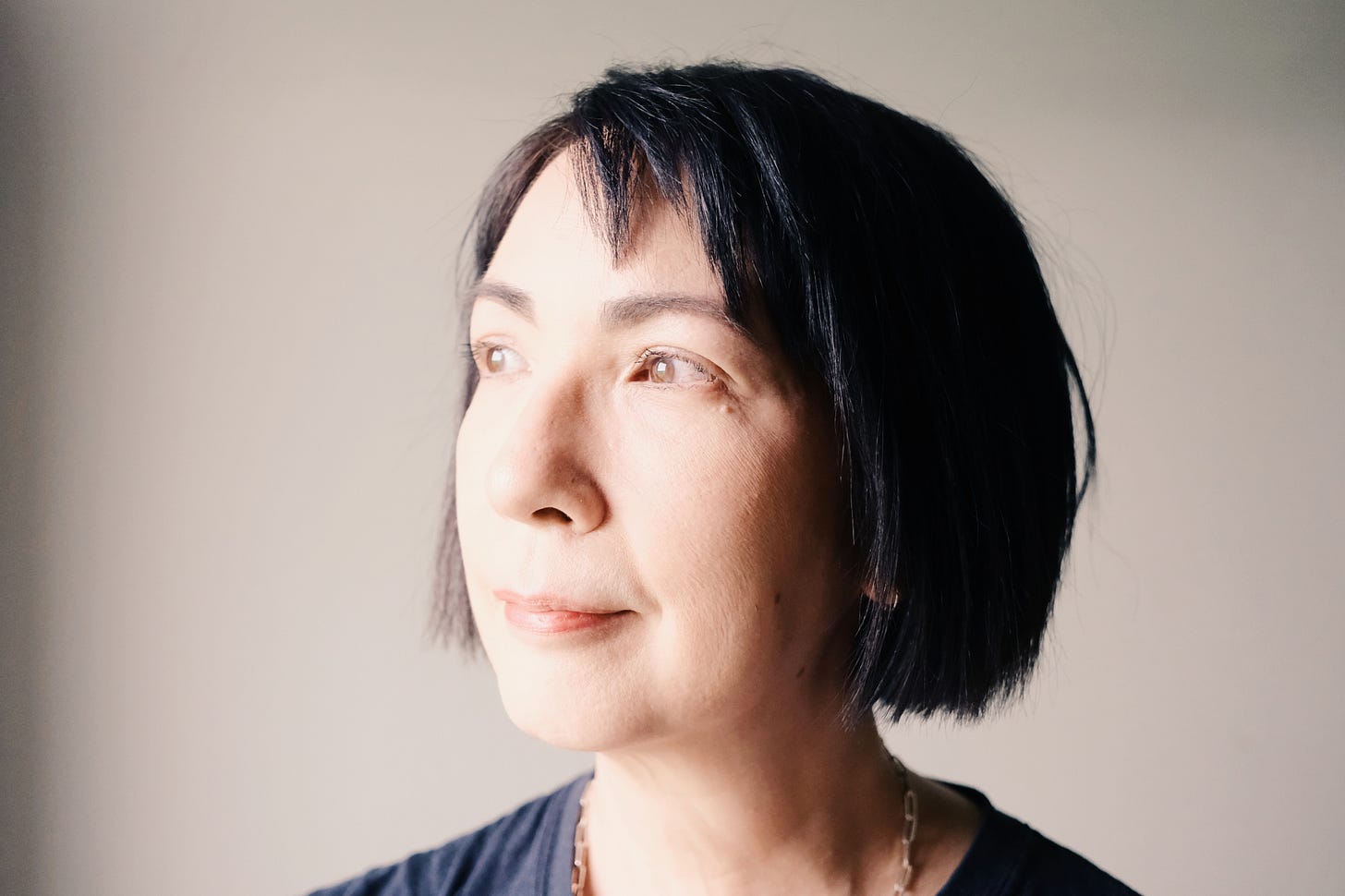Wiz Wharton: “I'm more than the sum of my ethnicity – I’m a life lived”
The author on the importance of ‘both,’ telling stories from the margins and conversations behind closed doors
Hi, welcome back to Mixed Messages! This week I’m speaking to author Wiz Wharton, who is of Chinese and white European heritage. Wiz’s debut, Ghost Girl, Banana, is out on Thursday and follows Sook-Yin in 1960s England, exiled from Kowloon, and her daughter Lily in 1990s, embarking on a secret pilgrimage to Hong Kong to discover the lost side of her ide…


